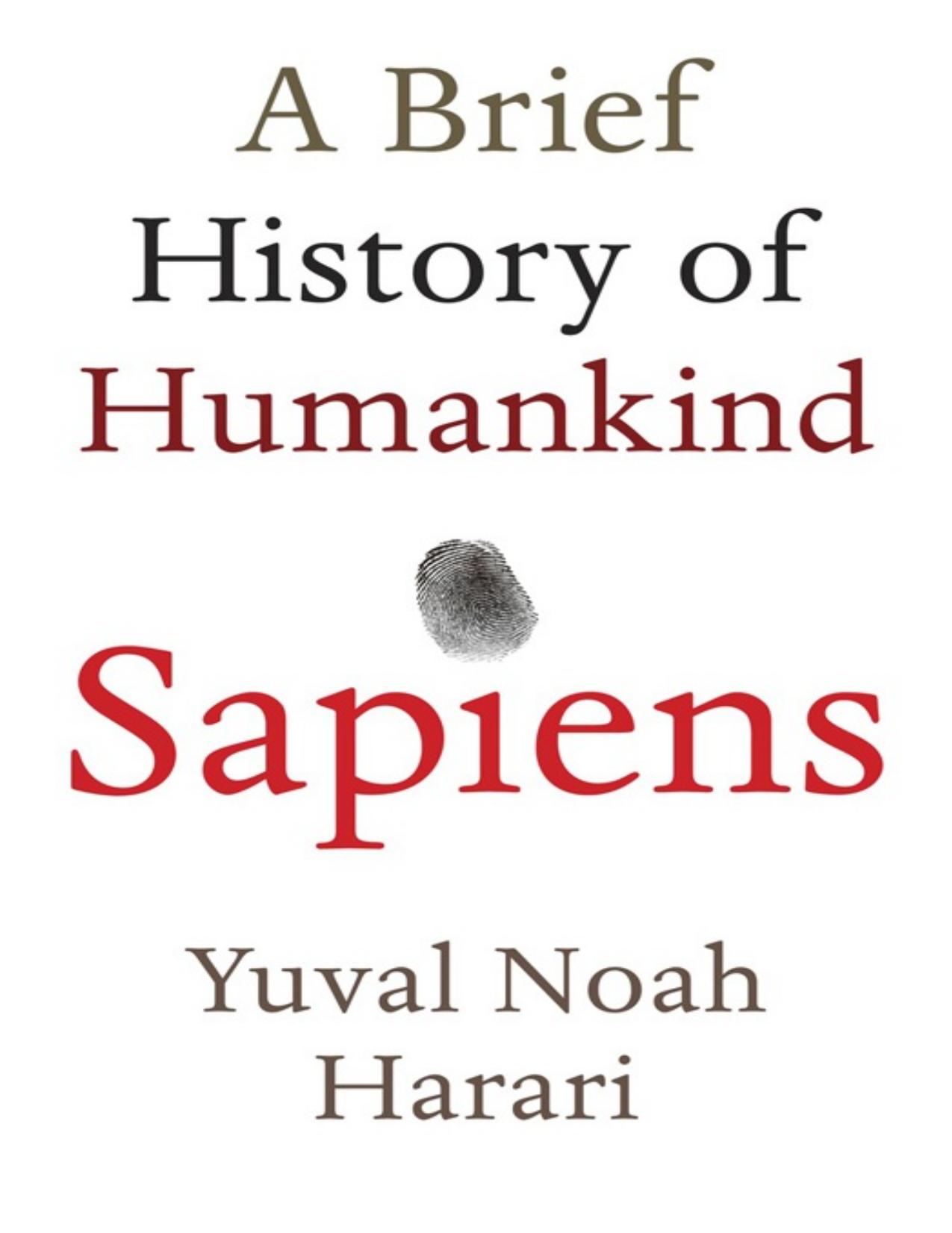Sapiens: A Brief History of Humankind by Yuval Noah Harari

Author:Yuval Noah Harari [Harari, Yuval Noah]
Language: eng
Format: epub, mobi, azw3, pdf
Publisher: Signal
Published: 2014-10-28T07:00:00+00:00
The Law of Nature
All the religions we have discussed so far share one important characteristic: they all focus on a belief in gods and other supernatural entities. This seems obvious to Westerners, who are familiar mainly with monotheistic and polytheist creeds. In fact, however, the religious history of the world does not boil down to the history of gods. During the first millennium BC, religions of an altogether new kind began to spread through Afro-Asia. The newcomers, such as Jainism and Buddhism in India, Daoism and Confucianism in China, and Stoicism, Cynicism and Epicureanism in the Mediterranean basin, were characterised by their disregard of gods.
These creeds maintained that the superhuman order governing the world is the product of natural laws rather than of divine wills and whims. Some of these natural-law religions continued to espouse the existence of gods, but their gods were subject to the laws of nature no less than humans, animals and plants were. Gods had their niche in the ecosystem, just as elephants and porcupines had theirs, but could no more change the laws of nature than elephants can. A prime example is Buddhism, the most important of the ancient natural law religions, which remains one of the major faiths.
The central figure of Buddhism is not a god but a human being, Siddhartha Gautama. According to Buddhist tradition, Gautama was heir to a small Himalayan kingdom, sometime around 500 BC. The young prince was deeply affected by the suffering evident all around him. He saw that men and women, children and old people, all suffer not just from occasional calamities such as war and plague, but also from anxiety, frustration and discontent, all of which seem to be an inseparable part of the human condition. People pursue wealth and power, acquire knowledge and possessions, beget sons and daughters, and build houses and palaces. Yet no matter what they achieve, they are never content. Those who live in poverty dream of riches. Those who have a million want two million. Those who have two million want 10 million. Even the rich and famous are rarely satisfied. They too are haunted by ceaseless cares and worries, until sickness, old age and death put a bitter end to them. Everything that one has accumulated vanishes like smoke. Life is a pointless rat race. But how to escape it?
At the age of twenty-nine Gautama slipped away from his palace in the middle of the night, leaving behind his family and possessions. He travelled as a homeless vagabond throughout northern India, searching for a way out of suffering. He visited ashrams and sat at the feet of gurus but nothing liberated him entirely – some dissatisfaction always remained. He did not despair. He resolved to investigate suffering on his own until he found a method for complete liberation. He spent six years meditating on the essence, causes and cures for human anguish. In the end he came to the realisation that suffering is not caused by ill fortune, by social injustice, or by divine whims.
Download
Sapiens: A Brief History of Humankind by Yuval Noah Harari.mobi
Sapiens: A Brief History of Humankind by Yuval Noah Harari.azw3
Sapiens: A Brief History of Humankind by Yuval Noah Harari.pdf
This site does not store any files on its server. We only index and link to content provided by other sites. Please contact the content providers to delete copyright contents if any and email us, we'll remove relevant links or contents immediately.
Sapiens: A Brief History of Humankind by Yuval Noah Harari(13239)
The Tidewater Tales by John Barth(12088)
Do No Harm Stories of Life, Death and Brain Surgery by Henry Marsh(6391)
Mastermind: How to Think Like Sherlock Holmes by Maria Konnikova(6356)
The Thirst by Nesbo Jo(5879)
Why We Sleep: Unlocking the Power of Sleep and Dreams by Matthew Walker(5761)
Sapiens by Yuval Noah Harari(4696)
Life 3.0: Being Human in the Age of Artificial Intelligence by Tegmark Max(4604)
The Longevity Diet by Valter Longo(4520)
The Rules Do Not Apply by Ariel Levy(4007)
The Body: A Guide for Occupants by Bill Bryson(3959)
The Immortal Life of Henrietta Lacks by Rebecca Skloot(3894)
Why We Sleep by Matthew Walker(3854)
Animal Frequency by Melissa Alvarez(3822)
Yoga Anatomy by Kaminoff Leslie(3764)
Barron's AP Biology by Goldberg M.S. Deborah T(3679)
The Hacking of the American Mind by Robert H. Lustig(3664)
All Creatures Great and Small by James Herriot(3601)
Yoga Anatomy by Leslie Kaminoff & Amy Matthews(3460)
